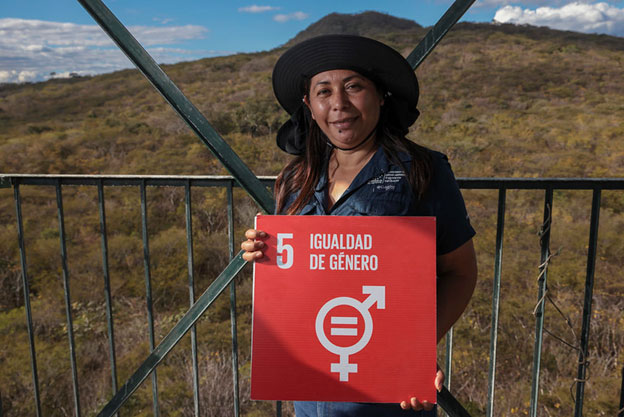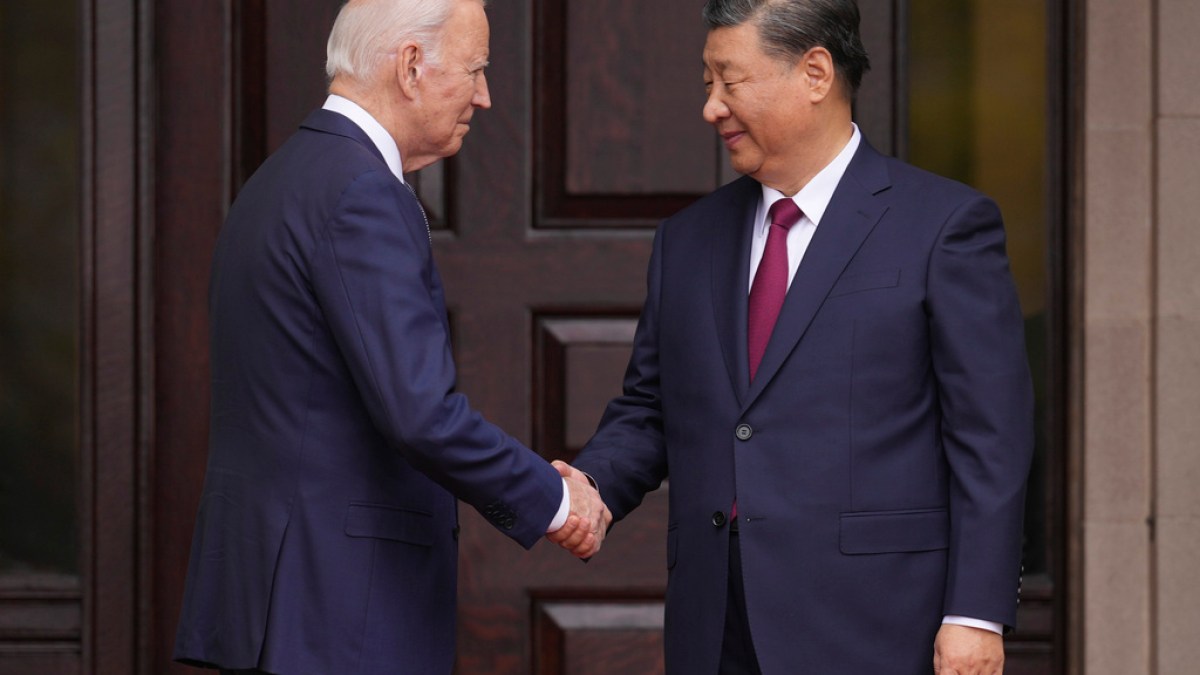There Is No Democracy Without Gender Equality — Global Issues

There Is No Democracy Without Gender Equality — Global Issues

PANAMA CITY, Panama, Jan 04 (IPS) – Violence against women and girls is one of the most widespread and persistent abuses of fundamental rights at a global level that, to a certain extent, derives from what we consider “normal” in our societies. In addition to firmly condemning that every three women in the world suffer from physical or sexual violence, we must question what we are normalizing as a society for this to happen.
Faced with this question, the Gender Social Norms Index published by the United Nations Development Program (UNDP) reveals that 90% of the population has at least one fundamental prejudice against women, which ranges from believing that men are better business leaders and that they have more rights than women to take a job, to the conviction that it is okay for a man to be violent with his partner.
Gender violence is not a phenomenon that arises out of nowhere and its prevention and eradication also require each of us to be aware of our own biases.
At UN Women and UNDP, we work to reduce gender discrimination and transform sexist attitudes by promoting social norms and positive gender roles. This requires empowering girls and women and working with the entire society to remove stereotypes that promote violent masculinities.
To achieve this, at UN Women we apply the behavioral sciences to involve men and commit them to the prevention of violence against women and girls with more effective awareness campaigns that adapt to the reality of each country in the region. Social norms that limit women’s rights also harm society, they hinder the expansion of human development and increase inequality gaps.
It is no coincidence that the difficulty in achieving progress in social gender norms occurs during a human development crisis. The global Human Development Index (HDI) lost value in 2020 for the first time in history; the same thing happened the following year.
In turn, for Latin America and the Caribbean, the UNDP estimated – based on its proposal for a Multidimensional Poverty Index with a focus on women, that 27.4% of women in 10 countries in the region live in conditions of multidimensional poverty.
The impact of poverty on women varies depending on their location in the territory: in the 16 countries analyzed, 19% of those who live in urban areas are multidimensional poor, while 58% live in rural areas.
The poorest women are those who face greater inequalities, participate less in the labor market, and experience greater time poverty caused by excessive unpaid care work.
These inequality gaps, in addition to being a barrier to human development, are a threat to democracy. Latin America and the Caribbean, the third most democratic region in the world and the only emerging region that aspires to – and still has the possibility of – achieving development through democracy and respect for human rights, will not achieve it if it continues to be the most violent and dangerous region for women.

The Latinobarometro 2023 report points out a clear democratic decline in Latin America: the percentage of its population that sees democracy as the preferred form of government fell from 60% in 2000 to 48% in 2023. Women remain underrepresented in decision-making decisions and are the most dissatisfied with democracy with 70%.
At the same time, according to the latest data reported by official organizations to the Gender Equality Observatory of Latin America and the Caribbean, in 2022, at least 4,050 women saw their lives cut short. 4,004 from Latin America and 46 from the Caribbean, from 26 countries in the region, were victims of femicide or feminicide.
This is a clear sign that despite the progress in several countries in the region with the approval of specific and comprehensive legal frameworks and the establishment of specialized prosecutors and protocols to respond to gender violence, the fundamental rights of women continue without translating into tangible achievements.
Without effective governance and solid institutions that guarantee women and girls the full enjoyment of their rights, including the right to live a life free of violence and discrimination, it will be impossible to regain confidence in democracy in the region.
In building more peaceful, just, and inclusive societies, universal access to justice is essential to eradicate gender violence and impunity. Girls, adolescents, and women who suffer violence do not find sufficient protection in the judicial system, and when they have the courage to report, they are often re-victimized until they give up their complaint and seek help and protection from the authorities. public institutions.
At the same time, these women have a triple workload: they face caretaker tasks, domestic work and their paid jobs, which are usually precarious, informal and low-income.
Furthermore, much of the impetus for the judicial process falls on the complainant, who must not only appear before the court on numerous occasions, but also bear the financial costs of transportation, the difficulties in organizing household responsibilities, and the fear of retaliation by the aggressor or members of their communities.
To this must be added both the possible lack of knowledge that many women may have about judicial or extrajudicial procedures, as well as the difficulties in accessing free services and/or ignorance of their existence. There is also little or no public information about specialized services.
For example, in the case of experiencing violence, there is usually distrust on the part of women regarding the speed and effectiveness of the judicial response to their situation and, they also often face practices of re-victimization such as being forced to tell the facts on several occasions. or have their testimony called into question.
From UNDP and UN Women, we call to build more just societies for women. All people and societies can advance through education, social mobilization, adoption of legal and political measures, advocacy for greater budgets to prevent violence, promotion of dialogue, and search for consensus to break down biases and open passage to more peaceful, secure, fair, inclusive, and egalitarian societies as a requirement to leave no one behind on the path towards sustainable development.
María Noel Vaeza is regional director of UN Women for the Americas and the Caribbean;
Michelle Muschett is regional director of UNDP for Latin America and the Caribbean.
IPS UN Bureau
Follow @IPSNewsUNBureau
Follow IPS News UN Bureau on Instagram
© Inter Press Service (2024) — All Rights ReservedOriginal source: Inter Press Service




